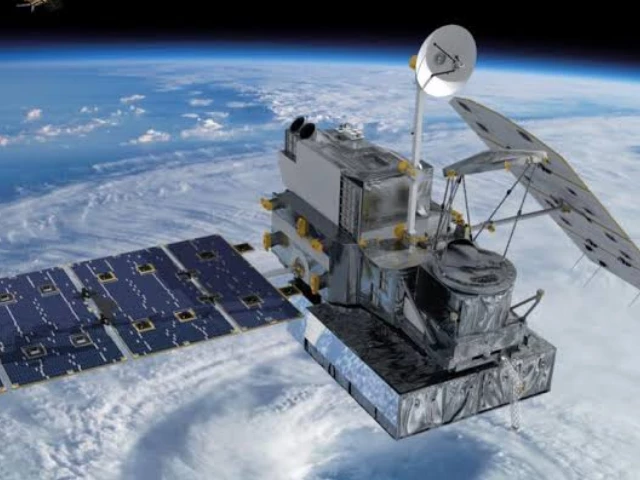Pakistan to launch remote sensing satellite from China today
Will help in flood, landslide and glacier melt surveillance, and support national development initiatives like CPEC

Pakistan's latest remote sensing satellite is set to be launched into space early Thursday morning, marking a significant step forward in the country's space research and disaster management capabilities.
The launch is scheduled to take place between 6:30 am and 7:15 am (Pakistan Standard Time) from China's Xichang Satellite Launch Center, according to the Pakistan Space and Upper Atmosphere Research Commission (SUPARCO).
This new satellite is designed for research and earth observation, and will provide critical support in monitoring natural disasters such as floods, landslides, earthquakes, glacier melting, and deforestation. It will enhance the country's capacity for early warning and effective disaster response.
Read More: Pakistan eyes improved disaster response with new satellite
Beyond disaster management, the satellite will aid in agricultural monitoring, urban planning, infrastructure development, and mapping of transportation networks. It will also serve as a valuable tool in tracking environmental changes and supporting major national initiatives like the China-Pakistan Economic Corridor (CPEC) by identifying geographical hazards and enhancing resource management.
SUPARCO stated that the satellite aligns with Pakistan's National Space Policy and the Vision 2047 roadmap, which aims to elevate the country into the ranks of technologically advanced nations through innovation in space technology.
In a parallel development, India's space agency ISRO (Indian Space Research Organisation) launched its own satellite on Wednesday evening from the Satish Dhawan Space Center in Sriharikota. Dubbed "NISAR", this satellite is focused on studying ecosystems, climate patterns, and natural hazards.
Pakistan's remote sensing satellite, SUPARCO says, represents a milestone in strengthening the country's research-based satellite infrastructure and signifies a commitment to peaceful space exploration and technological advancement.



















COMMENTS
Comments are moderated and generally will be posted if they are on-topic and not abusive.
For more information, please see our Comments FAQ